Surplus of thousands of billions of dong but… not used
Statistics from the beginning of 2025 until now show that, although gasoline prices have sometimes increased sharply or decreased sharply, continuously Ministry of Industry and Trade – Finance still maintains the stance of "no deduction, no spending" Price stabilization fund Gasoline and Oil Price (QBOG). This situation also occurred throughout 2024 when gasoline prices increased to more than 25,000 VND/liter at times, but QBO remained unchanged. This made public opinion even more skeptical about the effectiveness of QBOG.
A recent report by the Ministry of Industry and Trade shows that by the end of the first quarter of 2025, the total balance of QBOG at enterprises is about 6,080 billion VND. This number does not include the balance of traders who are no longer key traders.
Of which, Vietnam National Petroleum Group ( Petrolimex ) has more than 3,080 billion VND, Dong Thap Petroleum Trading Joint Stock Company has more than 460 billion VND, Thanh Le Import-Export Trading Corporation has more than 390 billion VND, Military Petroleum Corporation has more than 300 billion VND, Ho Chi Minh City Petroleum Corporation has more than 328 billion VND; Hoa Khanh General Trading and Service Company has 165 billion VND...
On the contrary, some enterprises have negative funds such as Vietnam Oil Corporation (PVOI), Petro Binh Minh Company Limited, Truong An Investment and Development Group Joint Stock Company...
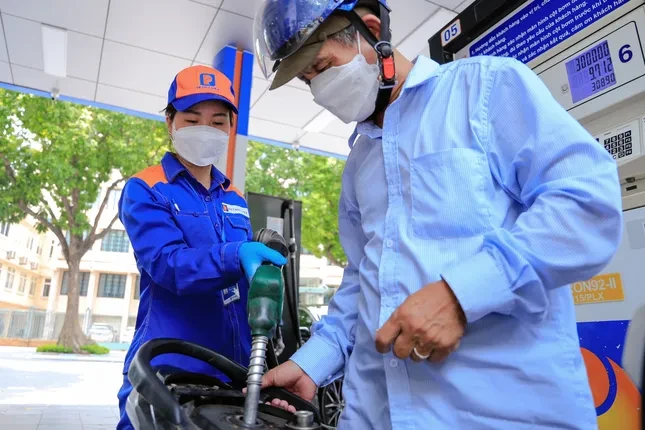
Share with PV Tien Phong , Dr. Nguyen Duc Do - Deputy Director of the Institute of Finance and Economics said that, in the past, QBOG was established with the purpose of stabilizing prices, curbing sudden increases, avoiding negative impacts on the economy and people's lives; this is also considered a necessary pressure valve in the period when the market is not fully operating.
However, recently, a series of cases have been discovered showing signs of profiteering and appropriation of QBOG petroleum funds, showing loopholes in the management and use of funds.
According to Mr. Do, the cause of this situation comes from a loose and opaque monitoring mechanism. This causes some Fund holding company to get profit banks, or delay payments, turning the fund into interest-free working capital. Meanwhile, people do not know what their contributions are being used for.
“The failure to use QBOG shows that the management agency is implicitly admitting that this tool is no longer suitable for the goal of regulating prices in the current competitive and deeply integrated market environment,” Mr. Do said.
Dr. Nguyen Tien Thoa - former Director of the Price Management Department, Ministry of Finance frankly stated: "QBOG is essentially a form of indirect taxation, deducted from consumers for use in the uncertain future. This distorts market signals, creating a mentality of dependence on the State, especially for key enterprises".
At the same time, the current surplus level is no longer a strong enough "buffer" to intervene in the entire market. If a new crisis occurs, QBOG will only have enough power to have a local impact, not enough to play a true "stabilizing" role.
Will the Petroleum Price Stabilization Fund be abolished?
Talking about why the QBOG for gasoline is not used, the leader of the Department of Management and Development of the Domestic Market - Ministry of Industry and Trade admitted that this fund has shown many shortcomings in the past. However, according to this person, the management Gasoline price 7 days/time implemented according to Decree No. 80 (on petroleum trading) has helped domestic petroleum prices to be consistent with world petroleum prices.
Along with that, the types of petroleum business costs are updated promptly, creating motivation for businesses to create petroleum sources to fully supply the needs of the domestic market.
"Therefore, the impact of adjusting gasoline prices on the socio-economic situation is not large, and there is almost no need to use QBOG to stabilize gasoline prices," said the leader of the Department of Domestic Market Management and Development.
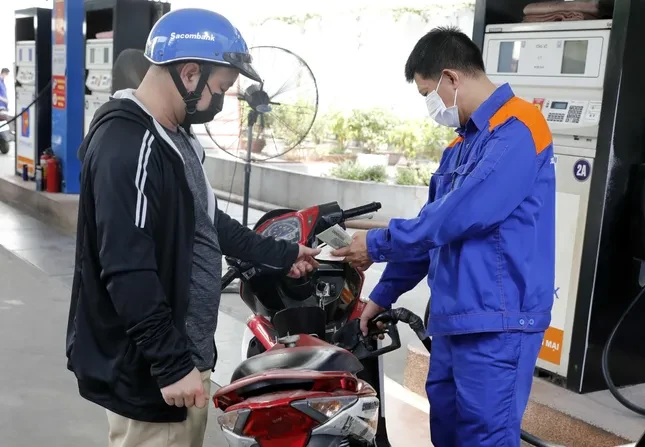
One of the most notable points regarding "fate" QQBOG In the 6th Draft Decree on the new gasoline business submitted by the Ministry of Industry and Trade to the Government, this fund is no longer mentioned at all. This is a fundamental difference compared to the previous Decree 83 and Decree 95 on gasoline business. Instead, the new mechanism will be based on the gasoline price formula set by enterprises. construction, linked to actual costs and published weekly prices.
When stabilization is needed, the Government will intervene according to the Price Law - through fiscal tools and macroeconomic management policies, not through the State Bank.
Specifically, the draft proposes that “In case of unusual fluctuations in market prices… the Ministry of Industry and Trade shall coordinate with the Ministry of Finance to submit to the Government for decision on appropriate price stabilization measures and time limits.” If businesses want to maintain their reserve tools, they will have to develop their own internal mechanisms or rely on the general fiscal policy.
An oil expert said that, from the lessons learned from 15 years of operating QBOG, if it is to be maintained in the future, it should be separated from the current administrative mechanism and transferred to an independent coordinating agency similar to Thailand's Oil Fund model, to ensure that the use of the fund is not influenced by political pressure or price cycles.
In addition, units need to build a system to publicly disclose the balance of the Fund, expenditures, beneficiaries, provision levels, etc. on an open data platform to regain people's trust.
In case you do not want to use it, you should boldly abolish it and switch to an operating mechanism that follows market rules, combining flexible tax and fee policies to reduce shock when necessary.
Source: https://baoquangninh.vn/du-6-000-ty-vi-sao-quy-binh-on-gia-xang-dau-an-binh-bat-dong-3366284.html


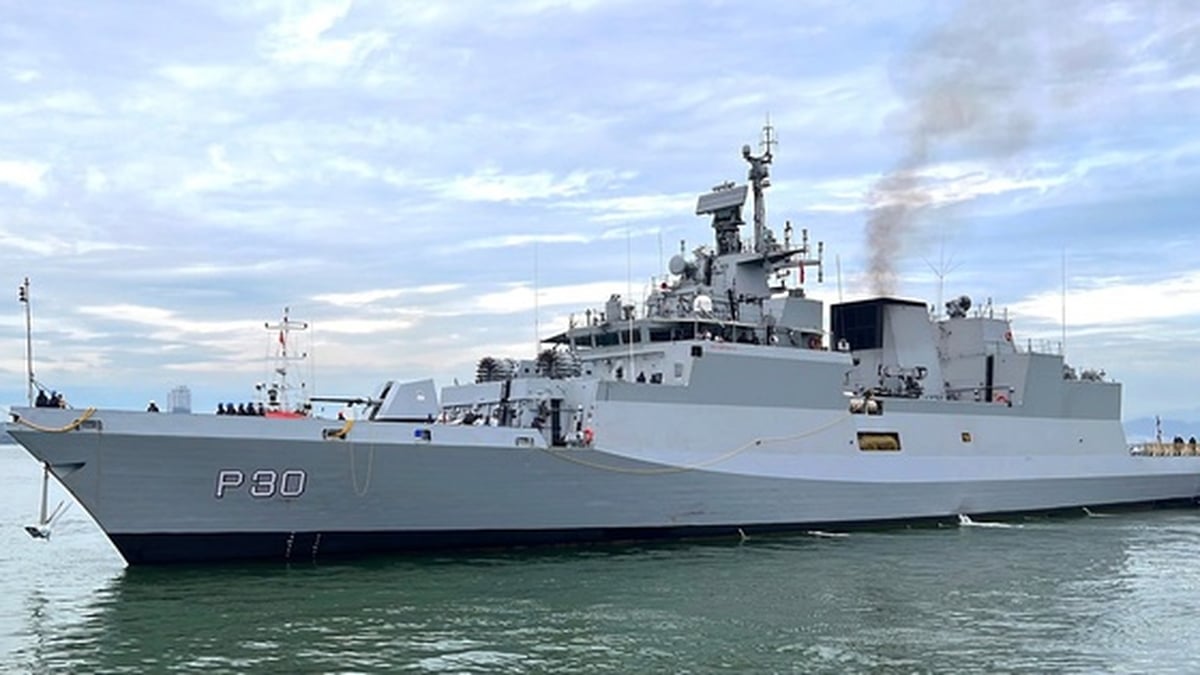
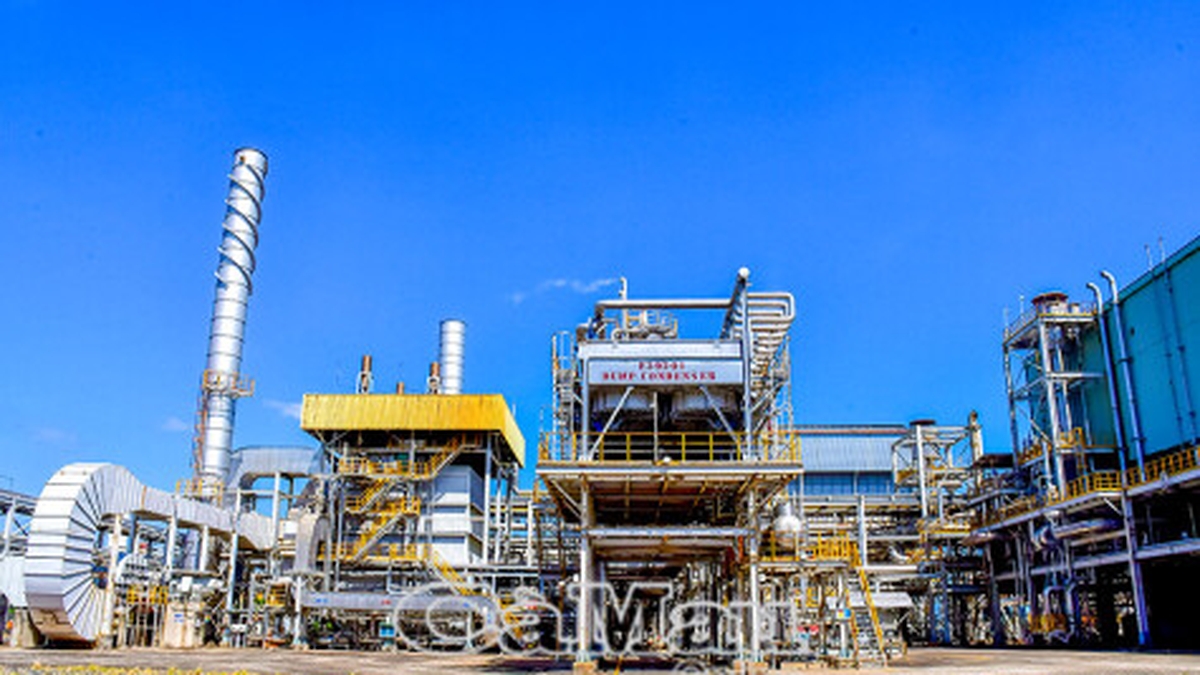


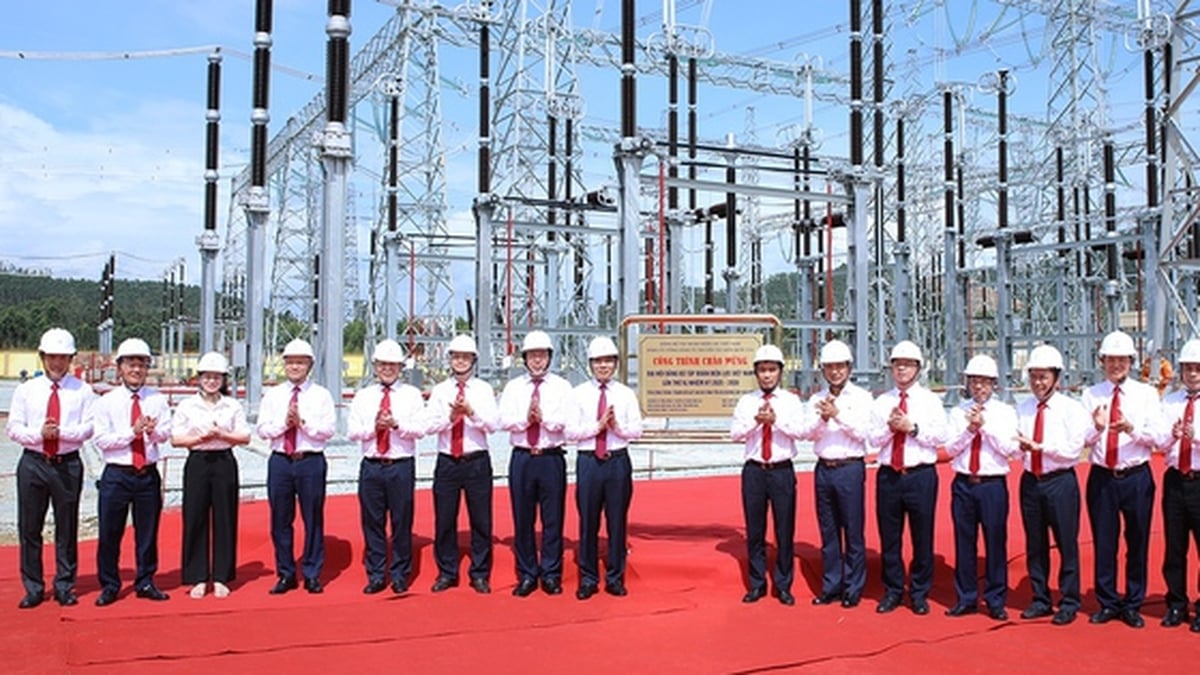
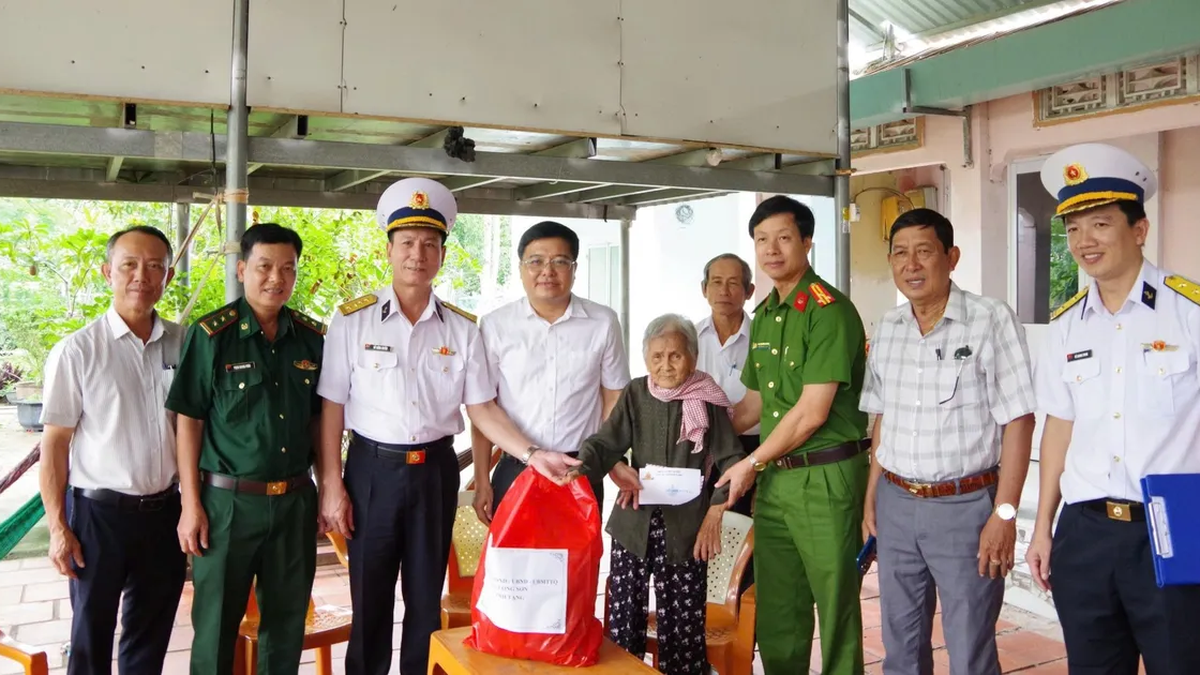
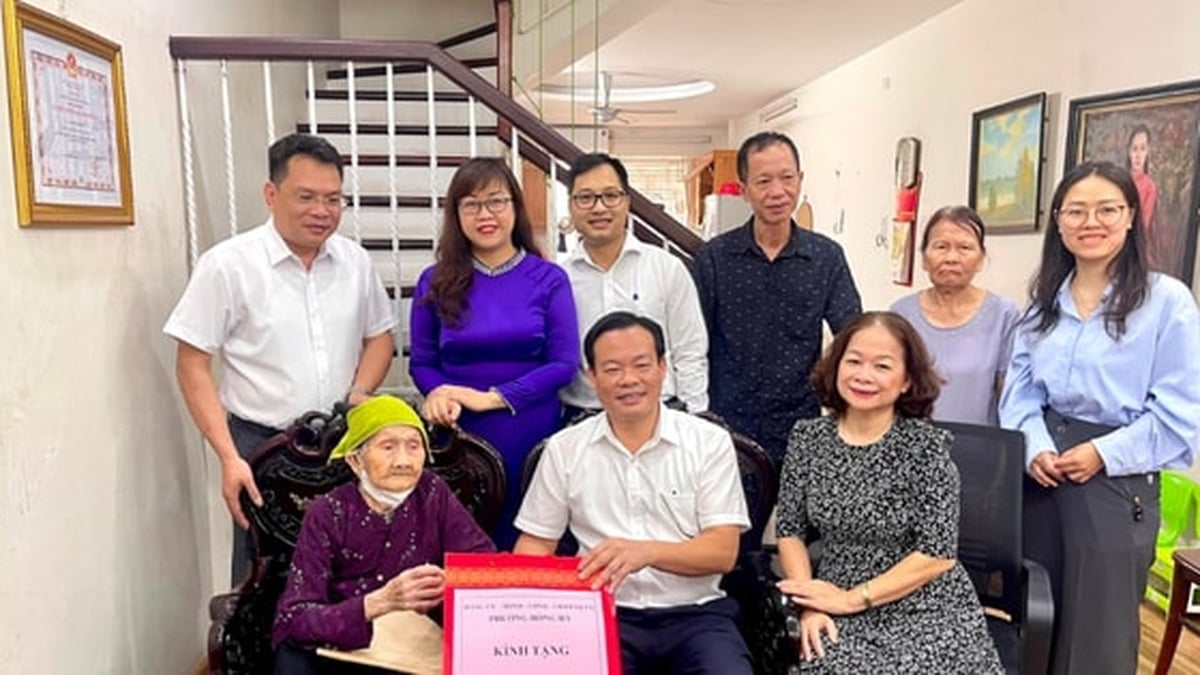

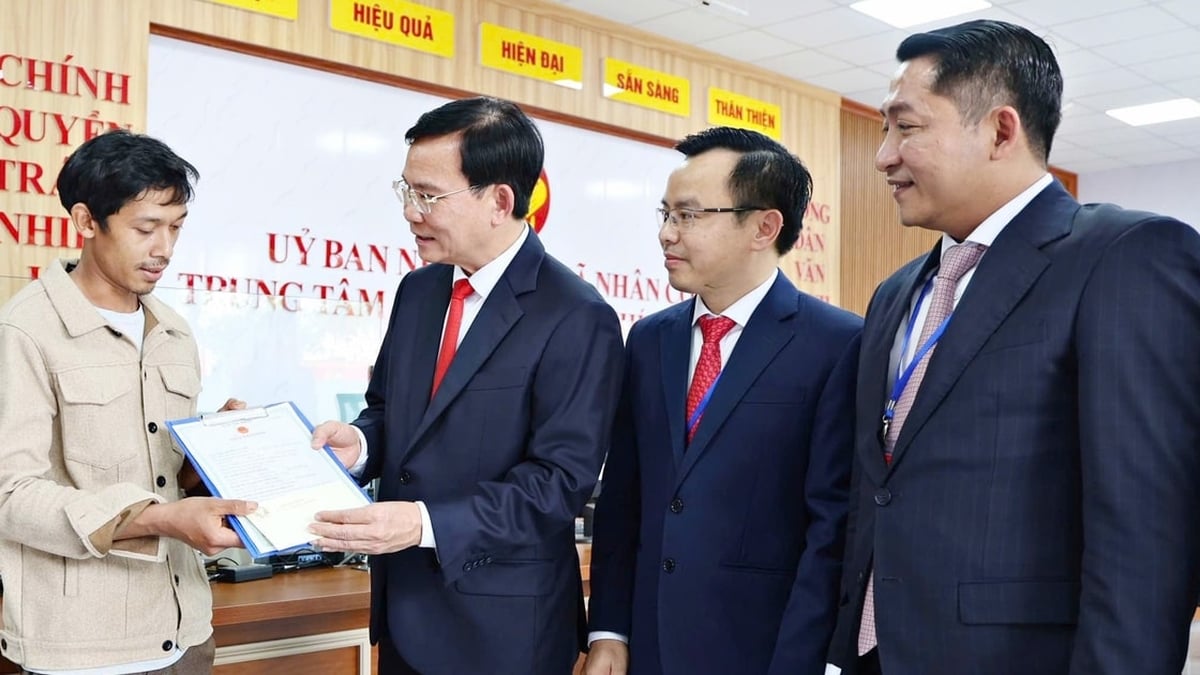
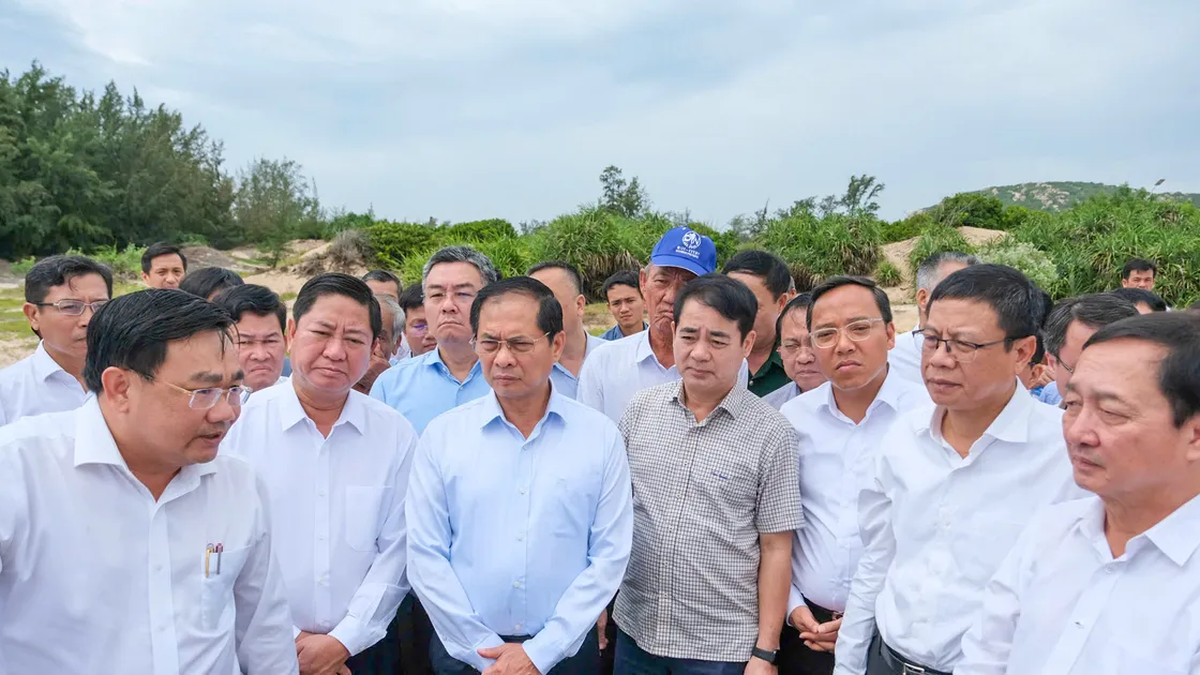














![[Photo] Signing of cooperation between ministries, branches and localities of Vietnam and Senegal](https://vphoto.vietnam.vn/thumb/1200x675/vietnam/resource/IMAGE/2025/7/24/6147c654b0ae4f2793188e982e272651)
![[Infographic] Vietnam-Senegal traditional friendship](https://vphoto.vietnam.vn/thumb/1200x675/vietnam/resource/IMAGE/2025/7/23/4c96a604979345adb452af1d439d457b)










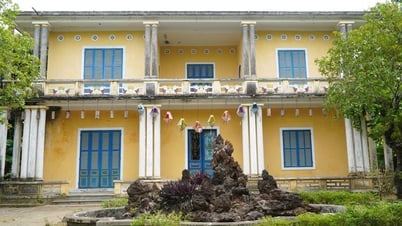












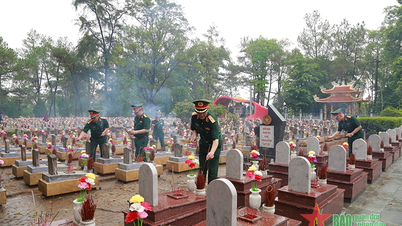






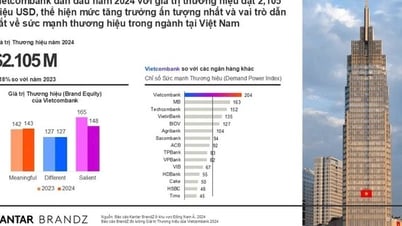

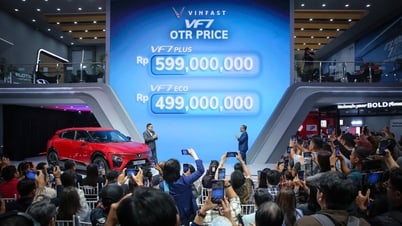

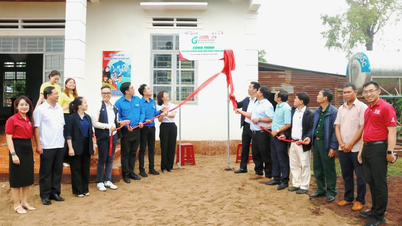


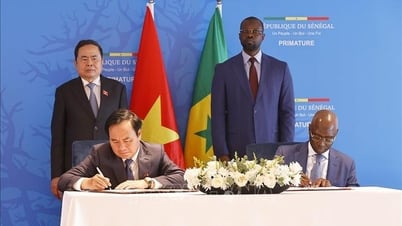




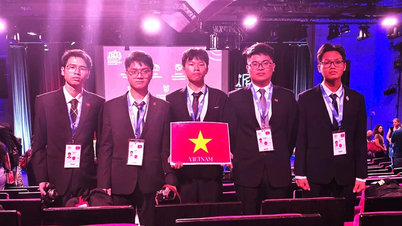

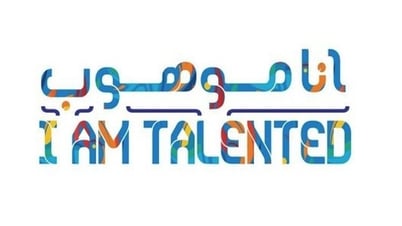

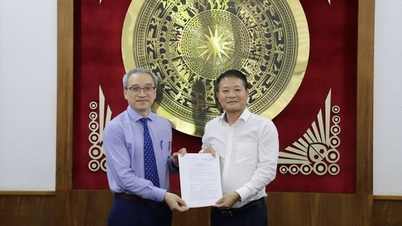


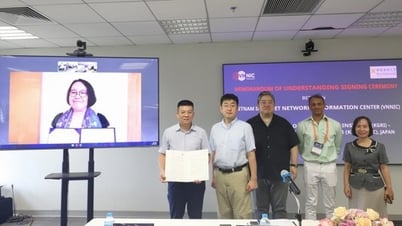

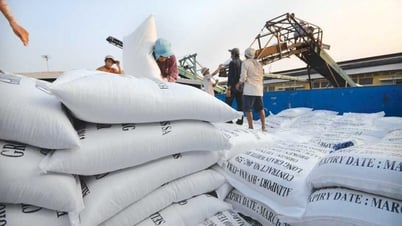










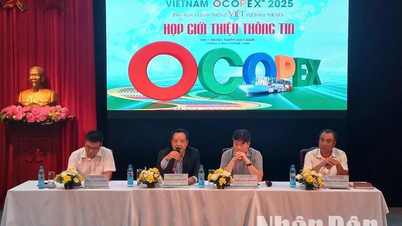

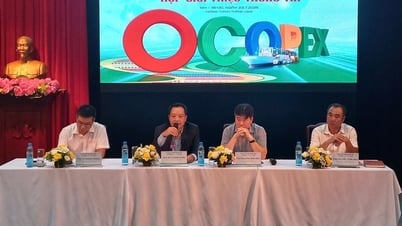







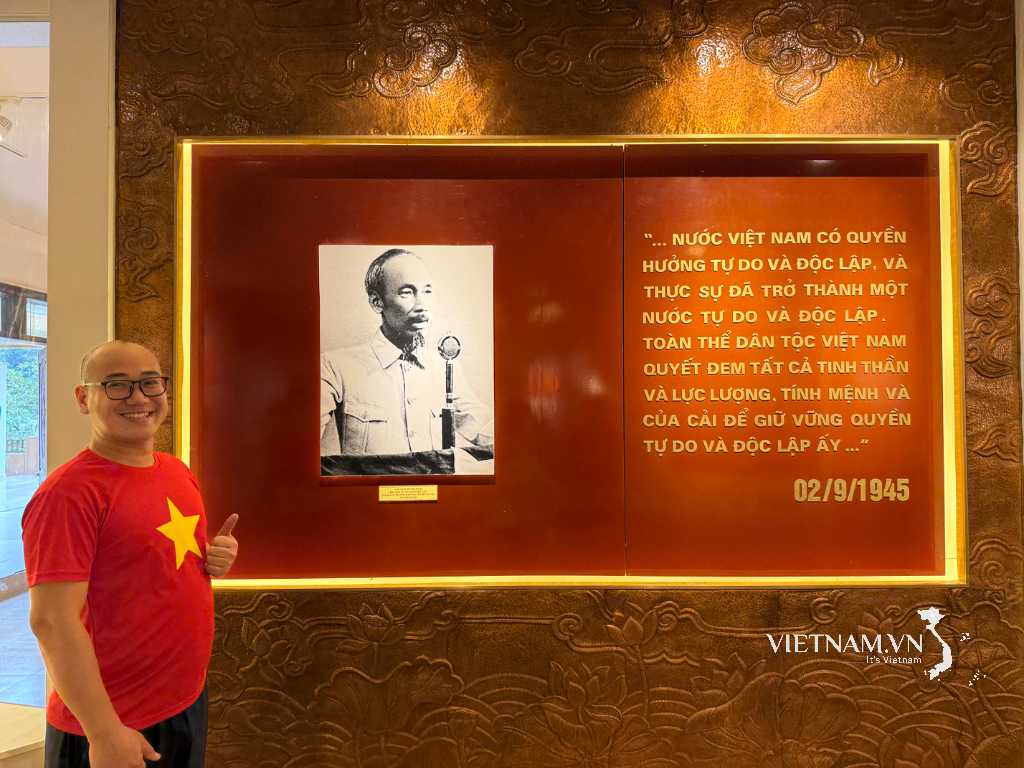


Comment (0)